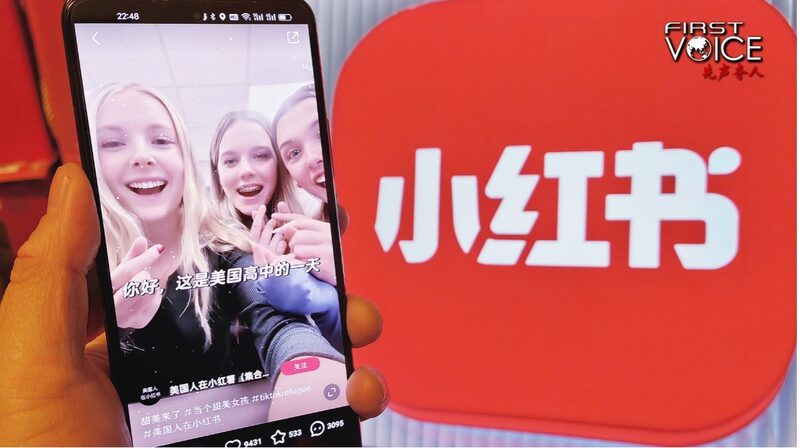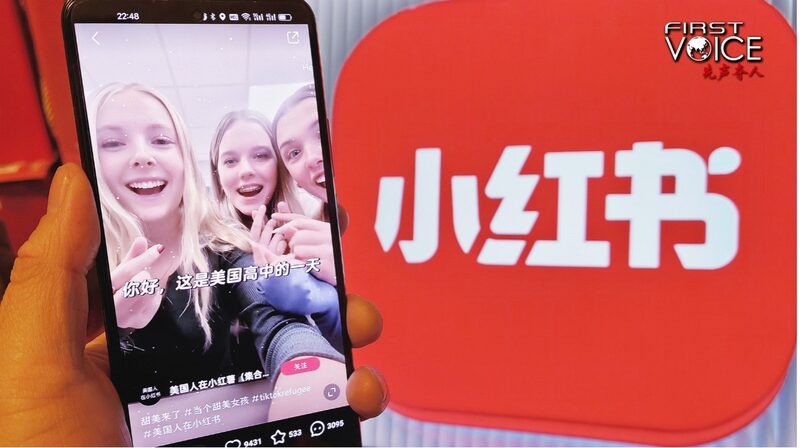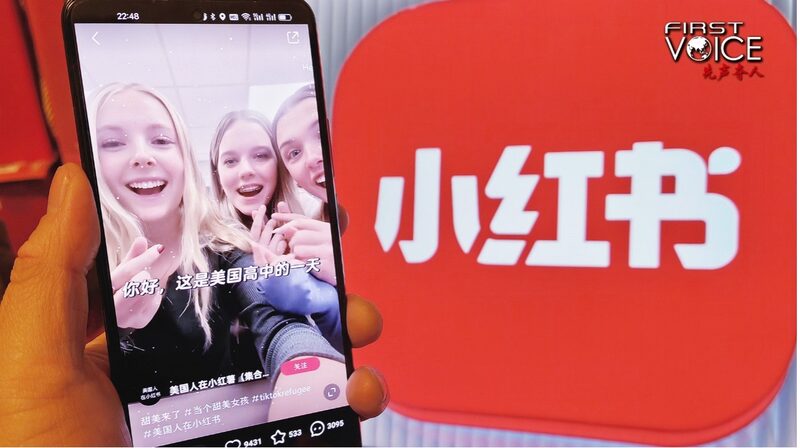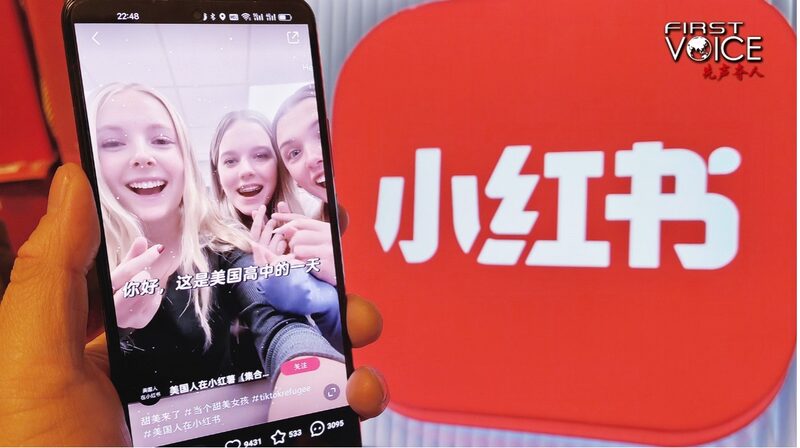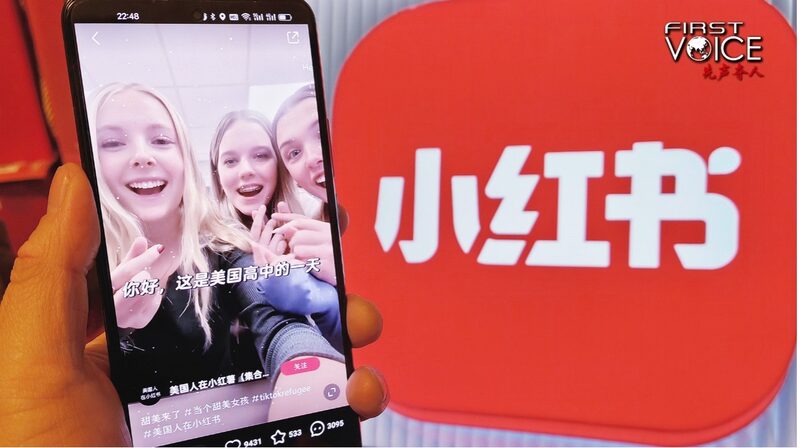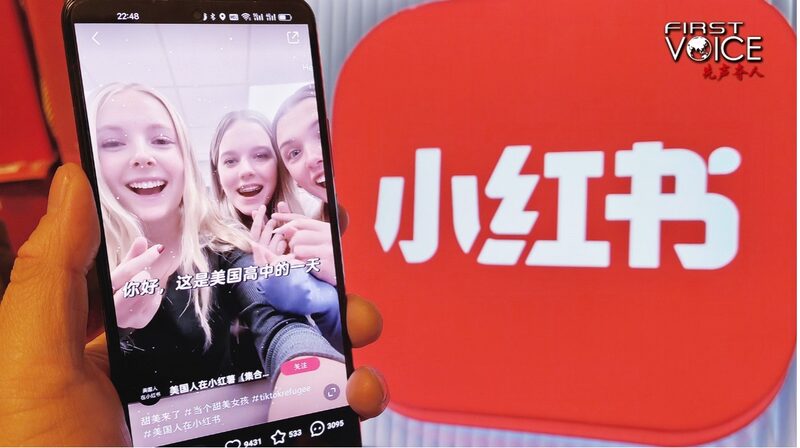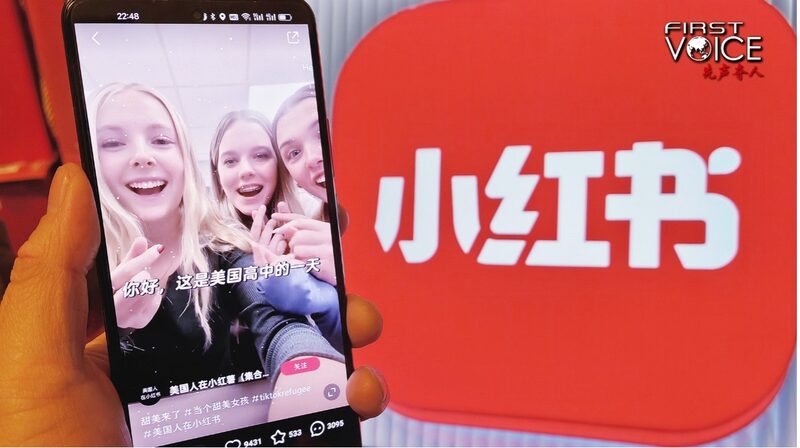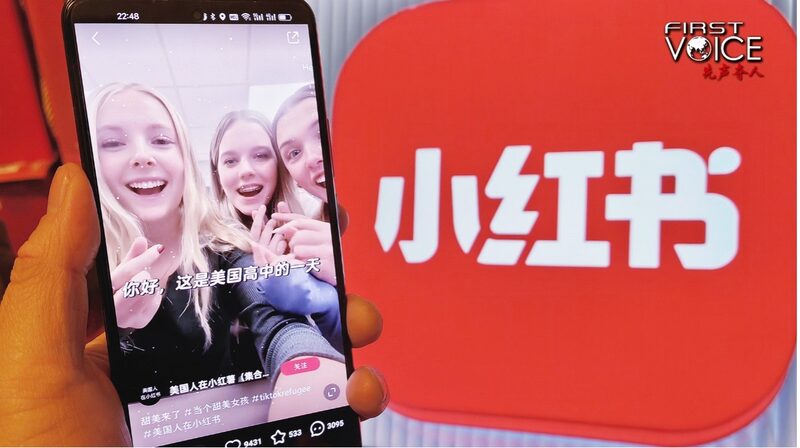The recent migration of TikTok creators from the United States to Xiaohongshu, a popular Chinese social media platform also known as RedNote, has ignited a wave of cross-cultural exchanges between Chinese and American netizens. Concerns over a potential TikTok ban in the U.S. have prompted these creators, now dubbed “TikTok refugees,” to seek new digital spaces to share their content and experiences.
As these influencers settle into their new online environment, Xiaohongshu has become a hub for comparing and contrasting lifestyles, challenging long-held stereotypes on both sides. Discussions range from the cost of living and healthcare expenses to cultural interests and entertainment preferences, providing a unique window into the everyday lives of people across the globe.
Many American users have voiced their struggles with high living costs, particularly in urban centers. One user shared, “A simple routine checkup cost me over $500. The thought of facing a serious illness is terrifying with these medical expenses.” Such revelations have sparked surprise among Chinese netizens, who often experience more affordable healthcare services.
Conversely, Chinese users have highlighted the relative affordability of housing and daily necessities in their country, especially in smaller cities. “I can purchase a decent apartment in my hometown for the price of a parking space in San Francisco,” a Chinese netizen remarked. These contrasts shed light on the differing economic landscapes and social policies influencing each society.
The cultural exchanges extend beyond economics. Chinese netizens have expressed astonishment at the global popularity of C-pop artists like Jackson Wang and Lay Zhang, recognizing their influence on the international music scene. This realization has sparked conversations about the globalization of Asian culture and its impact on global pop music trends.
Meanwhile, American users are intrigued by the enduring legacy of classic rock bands such as The Beatles and The Rolling Stones in contemporary music. Debates have emerged about preserving musical heritage and how genres evolve across generations, highlighting shared interests despite cultural differences.
These dialogues on Xiaohongshu are not merely superficial comparisons; they are breaking down barriers and fostering mutual understanding. By sharing personal stories and engaging in open discussions, netizens from both countries are gaining deeper insights into each other’s lives, values, and perspectives.
The phenomenon underscores the power of social media platforms in facilitating cross-cultural communication. As global digital landscapes evolve, such exchanges become invaluable in promoting empathy and challenging preconceived notions.
Reference(s):
Life 'audits' on Xiaohongshu demolish cross-cultural stereotypes
cgtn.com
